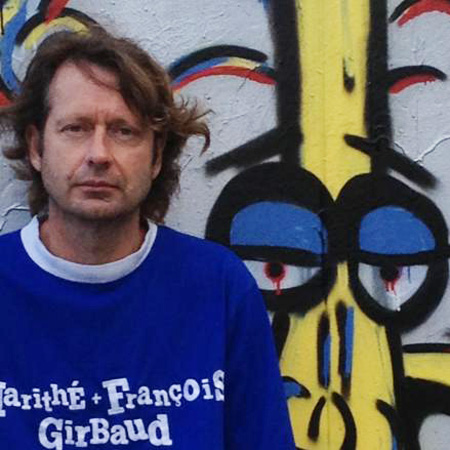The modus operandi was obvious: force entry through the kitchen window, locate and ransack the master bedroom, give the rest of the house a once-over, load up the loot in our laundry baskets and depart. In and out in two minutes. Stealth not required.
Yes, we had become the latest Oakland Hills burglary statistic.
The police, citing a lack of resources and that no one was hurt, declined to investigate. "You can fill out a report online," they said.
Of course, homes in the Hills get robbed because, as famed bank robber Willie Sutton would have said, 'that's where the money is.'
In fact, it comes as no surprise to learn that burglary and wealth distribution are correlated. Increase economic inequality and burglaries go up, redistribute wealth more evenly and burglaries decline. With the tax breaks of recent history invariably favoring the rich, perhaps the corresponding increased burglary is merely taxation by other means. Certainly Oakland's underfunded schools, police and social services indicate insufficient tax returns, and a trip down San Pablo Avenue will attest to Oakland's economic inequality.
